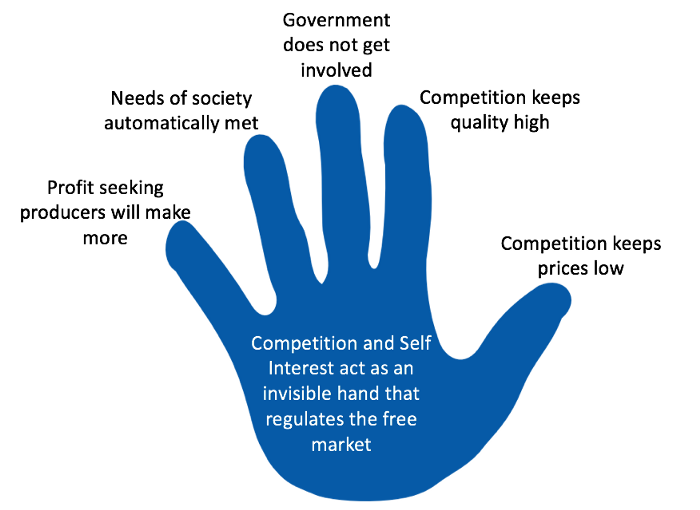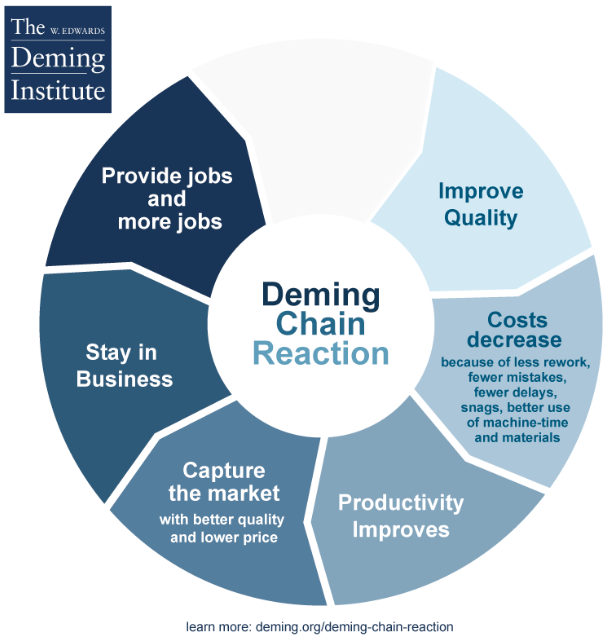
Preaching Agile
Whenever an agile practitioner is selling reasons to adopt an agile approach; in general or one of the the specific methodologies like Scrum, Kanban or XP, they always focus on the benefits (as they should).
These usually include working:
- at a sustainable pace
- collaboratively and self-organising
- in a culture that accepts change
- amongst highly motivated teams with high morale
These are all very important things to consider, and when you think about it, these stand out because they actually impact the working lives of people within the organisation. There are the obvious business benefits such as improving speed of delivery, reducing turnover of employees, keeping your most highly skilled employees engaged and reduced cost; but these impact the lives of the people in the company directly — making them a lot easier to identify with.
Read here about agile common myths.
The Economic Social Contract
The economic social contract is defined via Business Dictionary as:
Unwritten and tacit agreement said to exist among the members of a community or group that guides individual behavior and establishes personal rights and responsibilities. Social contract is deemed essential for any organized group behavior and, in democratic societies, is embodied in the national constitution.
Read more: https://smallbusiness.chron.com/corporate-governance-strategic-management-59959.html
The basic idea is that there is a mutual commitment between organisations and society.
Society supports an organisations success by:
- Supplying the employees with the skills to do the required jobs
- Having regulation in place that does not restrict companies ability to innovate and make money
The organisation supports society by:
- Providing a stable jobs for people
- Paying them enough to allow the economy to thrive
The Invisible Hand
This concept is called the ‘Invisible Hand’ by Adam Smith. According to Wikipedia:
The invisible hand is a term used by Adam Smith to describe the unintended social benefits of individual self-interested actions. The phrase was employed by Smith with respect to income distribution (1759) and production (1776). The exact phrase is used just three times in Smith’s writings, but has come to capture his notion that individuals’ efforts to pursue their own interest may frequently benefit society more than if their actions were directly intending to benefit society. Smith may have come up with the two meanings of the phrase from Richard Cantillon who developed both economic applications in his model of the isolated estate.
The idea here is that there is a higher purpose for organisations; in that stable employment and good pay for employees is good for business:

What Does This Have to Do with Agile?
Emphasising the point in my first section of this blog post, Agile gives organisations the ability to tender to employee needs, not just the organisations.
By using an Agile framework, no matter which one you chose is best for your organisation, it helps to impose practices and techniques to help organisations improve quality and implement continuous improvement. If you look at any company that successfully uses Agile, you will see that they do far more than just ‘stay in business’, they go beyond. Look at Google, Facebook, they thrive as businesses, and the communities and societies around them thrive too. Making a profit is not the ‘why’ of the business, this is a result. Its necessary but its how an organisation gets there is the important thing.
Agile helps organisations to create an environment that is challenging and interesting. To instil a positive culture onto its employees which then filters out into society.
A good way to look at this is the Deming Chain Reaction process. The official site describes this as:
Reducing costs through process improvement, and at the same time improving productivity and product effectiveness allows a company to benefit from the positive chain reaction, Dr. Deming explained. The chain reaction lets you reward workers as the company prospers, instead of seeking to prosper on the backs of workers.
The process looks like this:

The premise is that if an organisation improves the quality of it’s product, then the costs drop, productivity increases due to the less amount of rework to be done, this translates into market share increasing and by default stays in business. The result; and this is the most important thing, is that the organisation creates more jobs for the community. The cycle goes on and this is how a company gets bigger.
Summary
So in summary, we have identified that there is a higher purpose for organisations to successfully thrive, and operate in society according to the social contract. Companies that generally follow this approach; like the Deming Chain Reaction, allows them to grow and sustain business. With the processes and techniques that Agile teaches, such as “Don’t Sacrifice on Quality”, this helps organisations get into a place where its easier to align with this higher purpose.
Social Media
Please follow me on social media:




